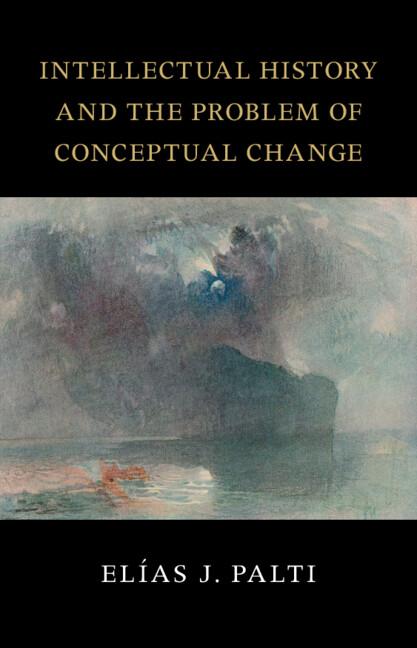
Zustellung: Di, 27.05. - Mo, 02.06.
Versand in 2 Wochen
VersandkostenfreiBestellen & in Filiale abholen:
"How does long-term intellectual change occur? Can we develop a theoretical framework for understanding past systems of knowledge? This ambitious study reassesses the main tenets of Intellectual History, offering a new framework for understanding past systems of knowledge from the 17th century onwards"--
Inhaltsverzeichnis
Introduction: From the 'history of ideas' to the 'new intellectual history,' and beyond; 1. Pocock, Skinner and the 'historiographical revolution'; 2. The Republican genealogy and the normative temptation; 3. The problem of conceptual change; 4. Conceptual history: its philosophical foundations; 5. Koselleck's Begriffsgechichte: between social and conceptual history; 6. Hans Blumenberg and the theory of nonconceptuality; 7. From structuralism to poststructuralism: Pierre Rosanvallon and the 'conceptual history of the political'; 8. Foucault's archaeology of knowledge; 9. The archaeological project and the ignored epistemic mutation; 10. Behind the structures and the subject: the 'event'; Conclusion: the 'new intellectual history' and the dynamics of de-substantialization of concepts.
Produktdetails
Erscheinungsdatum
09. Mai 2024
Sprache
englisch
Seitenanzahl
298
Autor/Autorin
Elías J Palti
Verlag/Hersteller
Produktart
gebunden
Gewicht
480 g
Größe (L/B/H)
218/143/22 mm
ISBN
9781009461191
Bewertungen
0 Bewertungen
Es wurden noch keine Bewertungen abgegeben. Schreiben Sie die erste Bewertung zu "Intellectual History and the Problem of Conceptual Change" und helfen Sie damit anderen bei der Kaufentscheidung.










